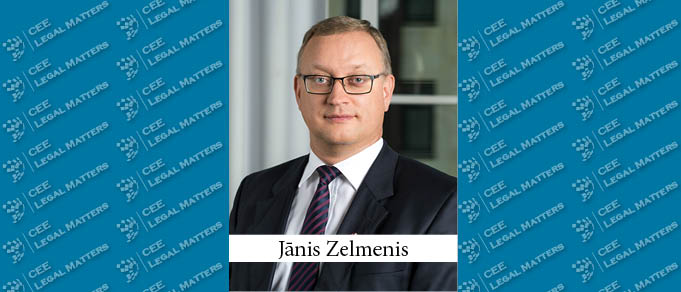“Currently, the main debate in Latvia is about when business will get back to normal and whether companies will be compensated for their lockdown-caused losses,” says Janis Zelmenis, Managing Partner at BDO Latvia, sighing that he expects the burden to eventually fall on the taxpayers’ shoulders.
Indeed, he reports, Latvia’s economy has been hit hard by the recently-imposed strict curfew, which limits the working hours of many businesses in the country. As a result, as Zelmenis reports, many hospitality businesses have closed.
Zelmenis disagrees with the assessments of some Latvian ministers who, as he says, deemed certain industries, such as tourism, effectively dead and not worth stimulating. “Their argument is that, when the time is right, tourism will revive on its own,” he explains. That might not be the most prudent approach, according to Zelmenis, who notes that tourism is a big driver of Riga’s economy.
Another big economic driver that Latvia is happy to take advantage of is the influx of Belarusian IT companies. “There was a beauty contest between Poland, Lithuania, and Latvia on who will offer better conditions to these companies,” Zelmenis says. “Even though Vilnius is closer to Minsk than Riga, Latvia managed to tap into the Belarusian market.”
Latvian IT companies have been busy as well lately, and Zelmenis points to Giraffe Visual, a Latvian provider of interactive 3D, 360-degree virtual presentations of different products and interiors. “I was impressed by their virtual presentation of real estate, which came in quite handy during lockdowns,” he notes. Still, Zelmenis explains, even the more active sectors of the Latvian economy are finding it difficult to find qualified people. “Latvia has lost many people to migration,” he says. “In a country of just under two million, it is challenging to find a proper team.”
Latvia also hopes to attract foreign investment, and to that end Zelmenis notes that the Liepaja Special Economic Zone lately has proven to be very valuable. The zone, which was established in 1997 in the town of Liepaja, offers direct tax rebates and indirect tax reductions to businesses operating in it. In addition, Latvia is trying to stimulate investments via its Start-Up law. “Latvia was recently awarded by an international organization as a start-up friendly country,” Zelmenis says, and he explains that recent amendments to the law should change the definition of a start-up and enable eligible companies to obtain between EUR 100,000 and EUR 200,000 salary compensation upon registering. “So, if you qualify as a Latvian start-up, say, in the IT sector,” he notes, “you will have your salaries covered for about six months or even a year.”

















